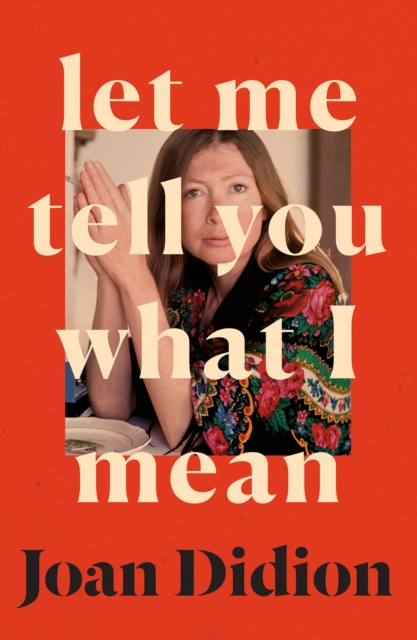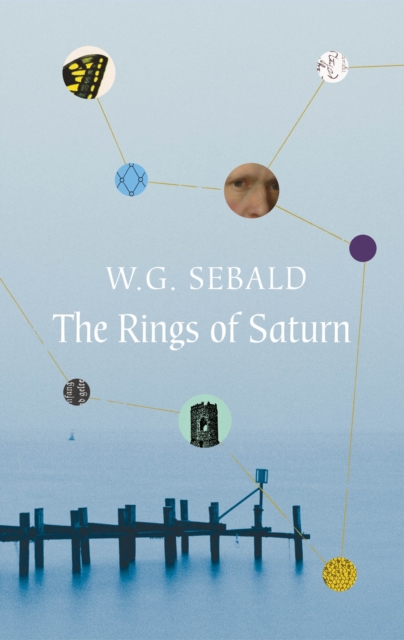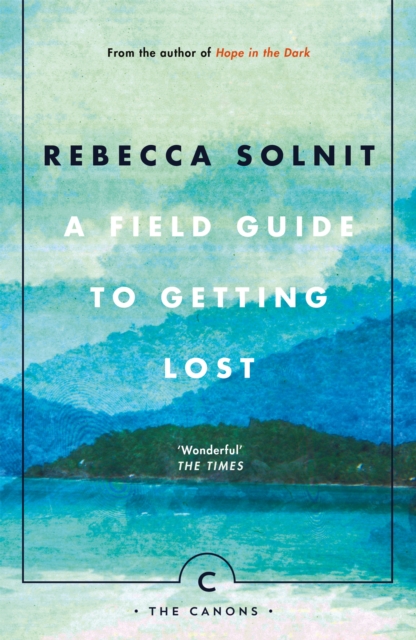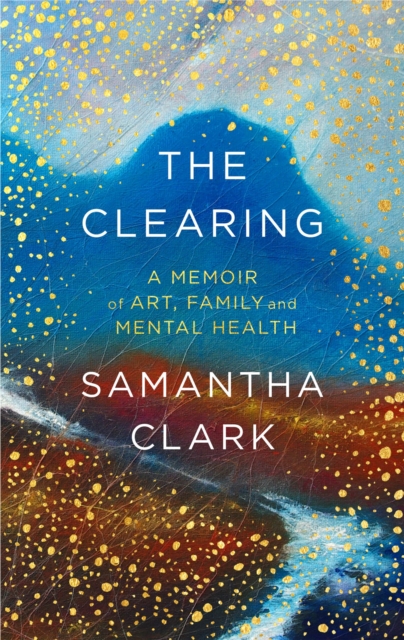Samantha Clark on the things we cannot know
Mairi
Samantha’s gentle wisdom and warmth and resilience is just the kind of soul soothing we deserve just now. So get yourself a wee brew and pull up a stool, so we can tell you more about The Clearing!
The Clearing is an artists’ reflection on family and a powerful account of what we must do with the things we cannot know. I’ll let Samantha set the scene for us, here she is with a wee 3 minute reading:
“For a long time I forgot the lesson of that day. Forgot to be astonished. Forgot that at any moment everything can just spring wide open”.
That thought, that challenge to remember, even and especially in these bleak times, really resonated with me. And it echoes through the book, as Samantha looks at, and relays the world to us with such care and detail, weaving in not just her experiences but those painter Agnes Martin and scientist of dark matter Vera Rubin, among others.
Kind soul that she is, she agreed to have a wee chat with Mairi, and here, for your reading pleasure, (and you can even imagine Samantha saying it all with that lovely musical lilt in her voice):
How are you feeling just now?
I’m OK thanks, so far! I’m accustomed to working from home, and feel very fortunate to have a garden, and to live where I do. I’m fairly comfortable with a certain amount of seclusion. But I’m fearful for others, for what is coming. We are all going to lose something, perhaps many things.
What inspired you to write The Clearing?
The Clearing has had a very long journey to publication! I’m not even sure I can say when it started exactly, because it has evolved out of preoccupations and ideas that I had been exploring for a long time in my visual art practice. I tracked the words “The Subtle Ether” back to a notebook from 2004, but many of the themes I explore in the book go back even further.
I think I first realised it was going to have to be a book around 2009 or so, but it wasn’t until I began a PhD in Creative Writing in 2011 that I really got going in earnest. Even then, I thought I was writing quite a different kind of book, something much more abstract and cerebral. But I was clearing out my parents’ house at the same time, and the personal story started elbowing its way in. I’m naturally quite a private person, and it took me a very long time to admit to myself that this book was insisting on becoming a memoir. I resisted it for a long time.
Did You have a reader in mind when you were writing? Not really. I was writing as an upublished author and had no idea if the book would be read by anyone. I was writing, as Joan Didion once said, in order to know what I think. Also maybe to know what I feel, to clear the fog.
The act of writing demands a certain clarity and precision, so I suppose writing the book was a kind of ‘clearing’ in that respect too. And I know, as a reader, that when an author has reached that kind of clarity the writing rings true and offers me some new insight into my own experience. So as far as any impact or meaning I hope for the reader, it’s that it rings true for them in that way.
After all the research and writing, was there anything or anyone you had to leave out of the final draft?
Lots of things fell by the wayside. I chopped out a whole chapter about air and breath in the final revision. There was lots of quite hefty philosophy that had to just sit in the background, because it would have been completely unreadable had I tried to shoehorn it all in.
I find I need to read and research and learn about something in a lot of depth and breadth, look at it from lots of different angles, and then pretty much forget most of it, but just hold it all very lightly in mind, and try to write into that space. Otherwise the writing becomes very didactic and dense, too much like hard work for the reader.
How does it feel having this part of you out in the world - Especially given the incredibly personal nature of the book?
It’s a very strange feeling, and I was really quite nervous about it at first, though I am getting a bit more used to it now!
When the box of my copies of the hardback books arrived from my publishers I couldn’t bring myself to open it at first. After a couple of days I opened the box, just a bit, and left it sitting on a table, so I could just get used to walking past it without my heart thumping. It was like I had to desensitive myself or something!
It took about four days for me to even be able to look inside the box properly, another day or so to pick up and open a copy. But now the book is out there it’s taking on its own life, so it feels like it doesn’t belong to me exclusively any more and I am getting more used to that.
A couple of questions about you as a writer,
What writers or individuals have shaped the way you write/ what you write?
WG Sebald hit me like a ton of bricks, especially Rings of Saturn and Austerlitz. And around the same time I came across Rebecca Solnit’s wonderful A Field Guide to Getting Lost.
At that time I had no explicit aspirations to writing a book, but I definitely felt an affinity for the eclectic curiosity and elliptical connections I found laid out in these books. I felt really happy to know that there were people out there writing like this, putting out writing that is meditative, that slows me right down, shows me the world in a fresh way, teaches me something I didn’t know before.
Finding writing you connect with like this is like making a wise and endlessly interesting new friend. I read a lot of creative nonfiction, and essays too, like Lia Purpura’s “Rough Likeness” and “On Looking”.
You are a very well established artist, when and why did you turn to writing?
Writing has always been part of my creative process. Little by little, it started edging out of my notebooks, smuggling itself into exhibition catalogues and essays and academic journal articles. It’s been a very gradual evolution, and has always felt quite a natural development.
The books is such a beautiful exploration of acceptance, especially of the things we cannot know, do you think writing it, has left you more equipped to weather uncertain times like these?
Times are always uncertain. We never know what’s coming. It’s just that normality and the anaesthetic of familiarity bring complacency, and we forget that we could die at any moment. The times we are going through have, to some extent, stripped that familiarity away and reminded us how fragile life is, how impermanent, but I don’t know that I am any more equipped than the next person to weather these times.
Let’s just say it’s a work in progress.
Huge thanks to Samantha for being so generous with her time - and for her exquisite book (which you should all buy, and read, just saying). And thank YOU, to our new readers on this makeshift raft of bookish joy!
If like us, you just can’t get enough of Samantha’s lovely voice and stories and reflections, here’s a slightly longer video for you to enjoy!
Linked Books

- title
- Let Me Tell You What I Mean
- author
- Didion, Joan

- title
- The Rings of Saturn
- author
- Sebald, W.G., Hulse, Michael

- title
- A Field Guide To Getting Lost
- author
- Solnit, Rebecca

- title
- The Clearing : A memoir of art, family and mental health
- author
- Clark, Samantha